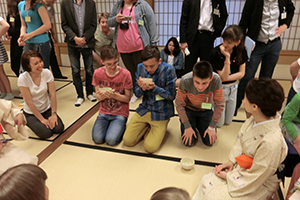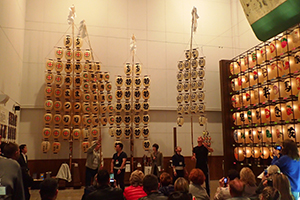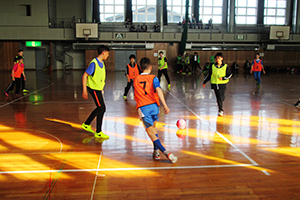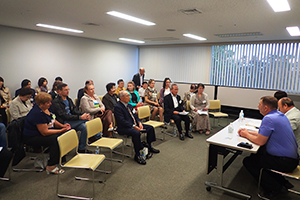Overview of the four-island exchange program
1. The four-island exchange program
The four-island exchange program between Japanese and Russians
living on the four northern islands was proposed by the Soviet
Union in 1991, and it began in 1992 without passports or visas.
Since then, more than 20 years have passed, and approximately
14,000 Japanese have participated in the visit program, while
roughly 10,000 Russians have participated in the hosting program.
This exchange program aims to improve the environment for
resolving Japan-Russia peace treaty issues, including the Northern
Territories issue, and to promote mutual understanding among
Russians living on the northern islands and former islanders,
irredentists, and experts.
2. The visit program
This program aims to improve the environment for resolving
Japan-Russia peace treaty issues and to promote mutual
understanding with Russians living on the northern islands.
Participants visit the four northern islands, where various
exchange programs, such as interactions with locals and home
visits, are conducted.
Also, with the addition of academic and cultural experts as target
visitors in 1998, educational experts (junior high school social
studies teachers) began to be dispatched to the islands.
The Government of Japan requests that Japanese citizens refrain from
visiting the Northern Territories until the Northern Territories
issue is resolved. However, as a special case, the Cabinet approved
in
1991
and
1998
the following persons who are deemed appropriate by
the Prime Minister and the Foreign Minister as target visitors.
- Those who lived in the Northern Territories, and their children, grandchildren, and spouses
- Those involved in the Campaign for the Return of the Northern Territories
- Media representatives
- Experts performing activities that serve the purpose of the visit program (since 1998)
Program details
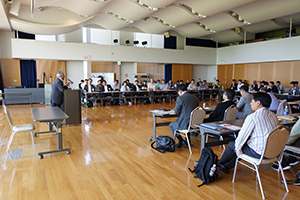
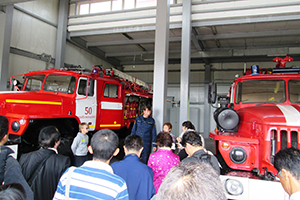
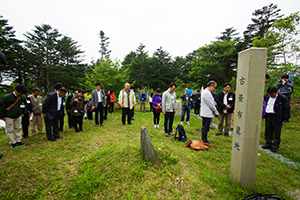

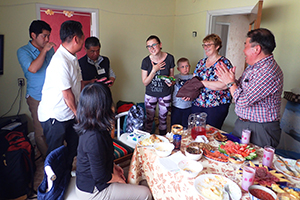
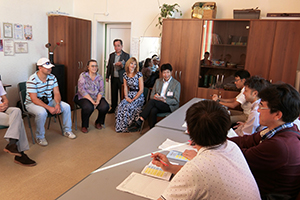
3. Hosting program
Under this program, Russians living on the four northern islands are hosted in various parts of Japan. In addition to activities that take advantage of regional characteristics, such as interactions with locals and Japanese cultural experiences to deepen an affinity for Japanese and promote understanding of Japanese culture, programs that allow participants to experience the convenience of Japanese infrastructure are conducted.
Program details
